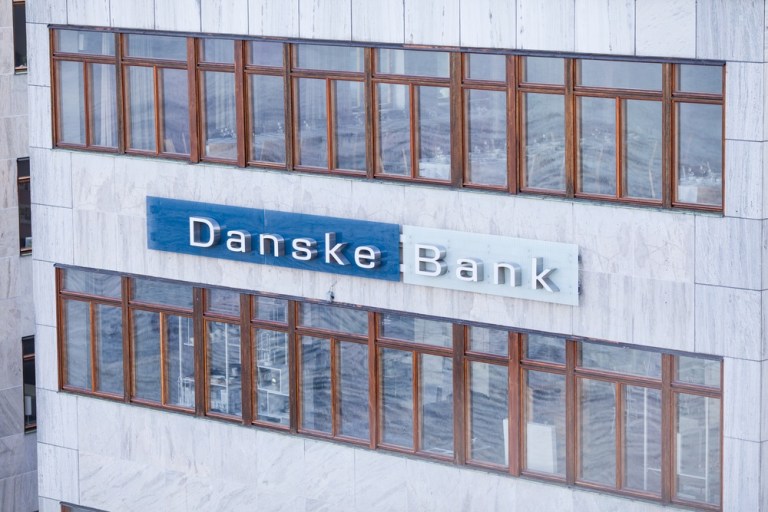Danske Scandal Could Disrupt Denmark Economy

The Danske Bank money laundering scandal in Denmark could potentially affect the country’s financial stability.
Denmark’s largest bank is being investigated over “massive money laundering flows,” with the Securities and Exchange Commission (SEC), the Department of the Treasury and the DOJ all looking into transactions tied to the bank’s Estonian branch. The focus is on $150 million that made its way through accounts of non-Estonian holders.
Now Denmark’s central bank has warned that the scandal could have an impact on the country’s entire financial sector.
“It’s a question of trust, if there is a spillover effect to the rest of the sector. We haven’t seen that yet, but that is the concern,” Karsten Biltoft, assistant governor and head of financial stability, told Reuters.
Still, Biltoft noted that Danske Bank most likely wouldn’t face the same sanctions as those that led to the collapse of Latvian bank ABLV. Earlier this year, the U.S. Treasury’s Financial Crimes Enforcement Network (FinCEN) revealed that Latvia’s third largest lender “had institutionalized money laundering as a pillar of the bank’s business practices.” As a result, ABLV liquidated itself in June.
“We have of course looked at it and thought about it,” Biltoft said. “It is very unlikely, but if it did happen it would be quite terrible. If you imagine that Denmark’s largest bank would close, that would be really bad, to put it nicely.”
While Danske claims that U.S. involvement in the investigation isn’t the same as the ABLV case, the central bank noted that firms and authorities need to work together to fight off money laundering, and called for more cooperation throughout Europe.
With that in mind, Prime Minister Lars Løkke Rasmussen has said the scandal has increased the chances of Denmark joining the European Banking Union, which was created to ensure banks are better supervised. A decision is due sometime next year.